Increasingly, I receive concerned questions about the health of a vegetarian and vegan diet for children:
• Will it harm their mental, emotional, physical development?
• Will it bring significant deficiencies?
• Is it dangerous?
As with everything, there are several schools of thought on this. This article will present you with alternative arguments that confirm (based on the test of scientific studies and human experience) that a child can develop to their full potential on a plant-based diet.
First question - When should you start giving your child solid food?
Here, there remains a consensus: do not start before 4 months, 6 months is standard, and do not wait after 8 months.
Why? According to Ruth Yaron, author of the book “Super Baby Food,” there are several…
• Before 4 months, the digestive system is not yet developed enough to tolerate the complexity of solid food. There is not much saliva production and the stomach does not yet produce enough digestive enzymes.
• Before 4-5 months the throat and tongue muscles are not developed enough to swallow well and in addition the baby cannot turn its head to communicate that it has had enough!
• Premature consumption is associated with health problems related to the kidneys, lungs (asthma), food allergies, as well as obesity.
• Around 7-9 months, the child needs more nutrients than breast milk provides, and the action of chewing is important for his mental and physiological development
Now - what to eat?
Also according to Ruth Yaron (who is the mother of three boys)….here are the “super” food groups
Whole grains: millet, barley, teff, buckwheat, quinoa, amaranth, rye, oats, brown basmati rice
She suggests starting with a "super" oatmeal - using one of the grains above, prepare - with the following proportions:
* 1 part well-ground cereals
* 4-5 parts filtered water
- While you are grinding the cereals, boil the water.
- Reduce the heat and with a low temperature add the cereal powder, whisk gently, replace the lid and let it cook for 10 minutes, stirring occasionally.
- Adjust texture with breast milk, filtered water OR wheat germ, ground nuts/seeds.
- At 7 months - you can mix several cereals together
- At 9 months - you can add a protein (2 tbsp legumes* - ground with 1/3 cup cereal OR an egg)
* I would say that legumes soaked for 24 hours and sprouted for 3 days, then mashed and added to oatmeal will be even better!
Legumes: lentils, split peas, adzuki beans, chickpeas
Nuts and seeds:
- SEEDS - hemp, flax, sesame, sunflower, pumpkin, chia
- NUTS - almonds (soaked 12 hours in filtered water)
Super Greens: Mustard/Turnip/Dandelion Greens, Collard Greens, Asparagus, Swiss Chard, Okra, Snow Peas, Parsley
Vitamin C foods
- cranberries, lemon, cherries, strawberries, blueberries, raspberries
- spinach, Brussels sprouts, broccoli
Vitamin A foods
- carrots, pumpkin, kale, bell pepper (not green)
- peach, nectarine, mango, apricot
Other vegetables/fruits
- pears, apples, persimmons, dried plums, young coconut, avocado (in moderation), banana (in moderation)
- cabbage, cauliflower, beetroot, white potatoes
Extra "supers"
- nutritional yeast
- ground flax seeds and linseed oil
- wheat germ
- ground nuts/seeds
- molasses
- powdered kelp
Important spices
- ginger, cardamom, nutmeg, cumin, coriander
Soothing herbal teas
- Lemon balm - amazing for all digestive disorders and nervousness
- chamomile - calming
- calendula - anti-inflammatory
- lavender - anti-fungus
According to physician Gabriel Cousens, one must also consider a child's Ayurvedic state - KAPHA - in order to reduce the accumulation of mucus and fluid in their body which often manifests itself in the form of ear infections, lung congestion and runny noses!
The foods on the "super" list were chosen to meet Ayurvedic guidelines. The foods below may increase mucus buildup and should be eaten in moderation and avoided in cases of respiratory congestion.
FRUITS: banana, avocado, coconut, dates, grapefruit, grapes, melons, oranges, papaya, pineapple, fresh plum
VEGETABLES: cucumber, olives, sweet potato, tomatoes, zucchini
CEREALS: brown/white rice, wheat
NUTS: walnuts, Brazil nuts, cashews, coconut
LEGUMES: soybeans, black beans, mung beans
DAIRY PRODUCTS - cow's milk, cow's cheese, whey formula
Meal plan…
An example of a day…
BREAKFAST - super oatmeal* + super greens, vitamin C, super extras
SNACK - breast milk and/or vitamin A foods.
DINNER - avocado or yogurt (goat, sheep or vegetable) with tahini, ground flax seeds
SNACK - vitamin C/A/fruit + nut/seed butter with ground flax seeds
DINNER - super oatmeal* + super greens, vitamin C, super extras, + banana option
*NB - When giving your child super oatmeal, do not give them dairy products, as the calcium will prevent iron absorption. The vitamin C-rich food will support proper absorption!
Last thing - as long as you are giving your child breast milk, B12 drops are not necessary. However, if you are 100% vegan, and you do not give your child any animal products (eggs, yogurt) or breast milk, you should give them vitamin B12 supplements.
References:
Super Baby Food - Ruth Yaron (2013)
Rainbow Green Live Food Cuisine - Dr. Gabriel Cousens (2003)
Conscious Eating - Dr. Gabriel Cousens (2000)
Coming soon... articles on food intolerances in children... plus several vegetarian and vegan recipe ideas for your little ones!
In support of your autonomy and radiant health!
Danielle Denichaud RHN, RYT, BA
Holistic Nutrition Consultant
Professional warning
These recommendations are intended to improve the level of physical well-being and general health, and are in no way intended to replace medical diagnoses, treatments or medical prescriptions, or any other controlled or licensed act that could constitute the practice of medicine.
















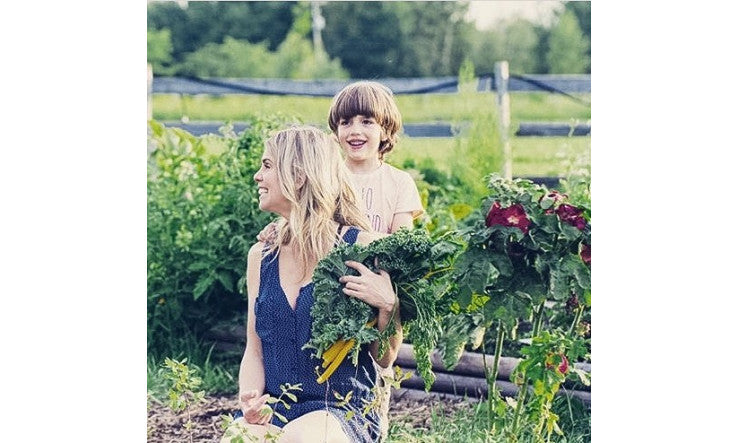































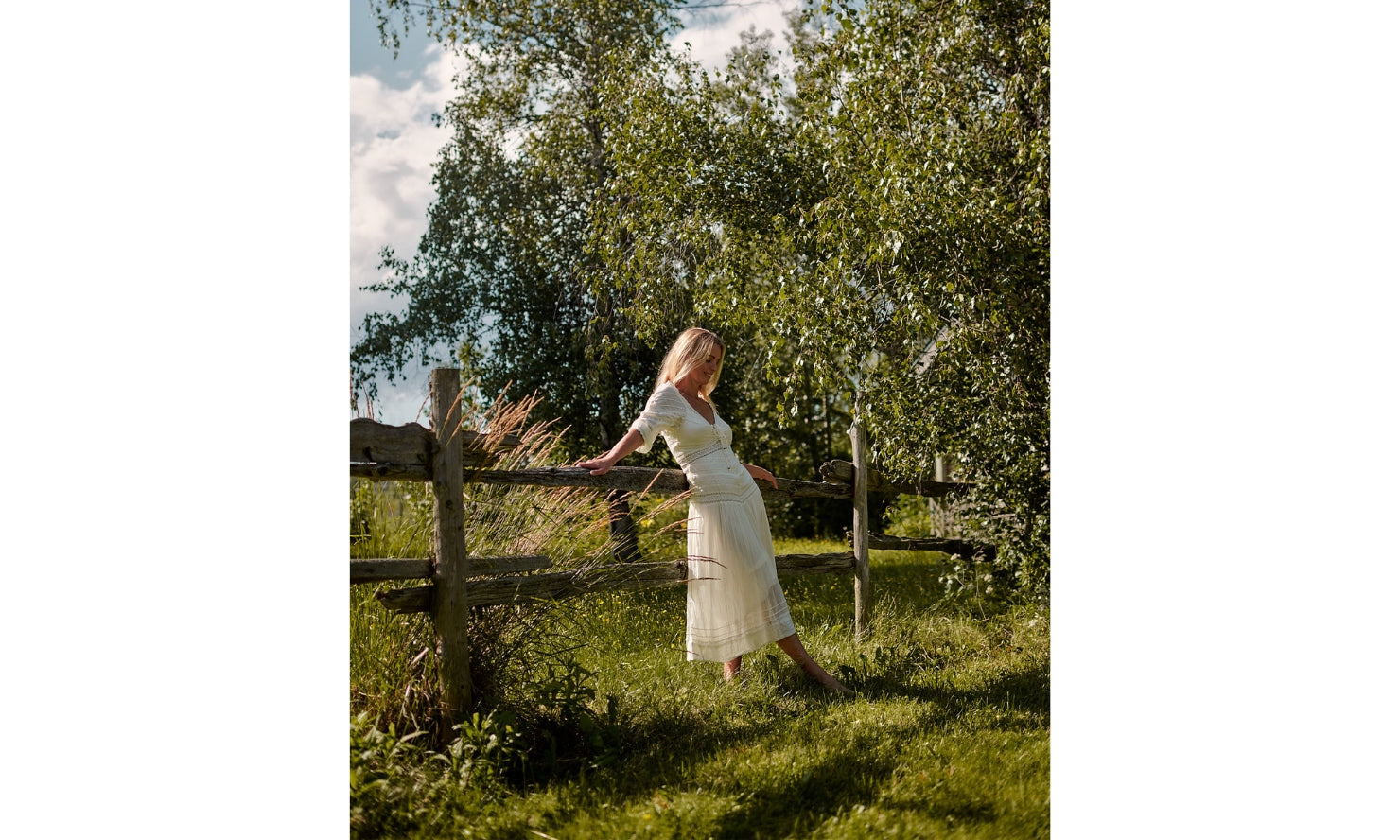
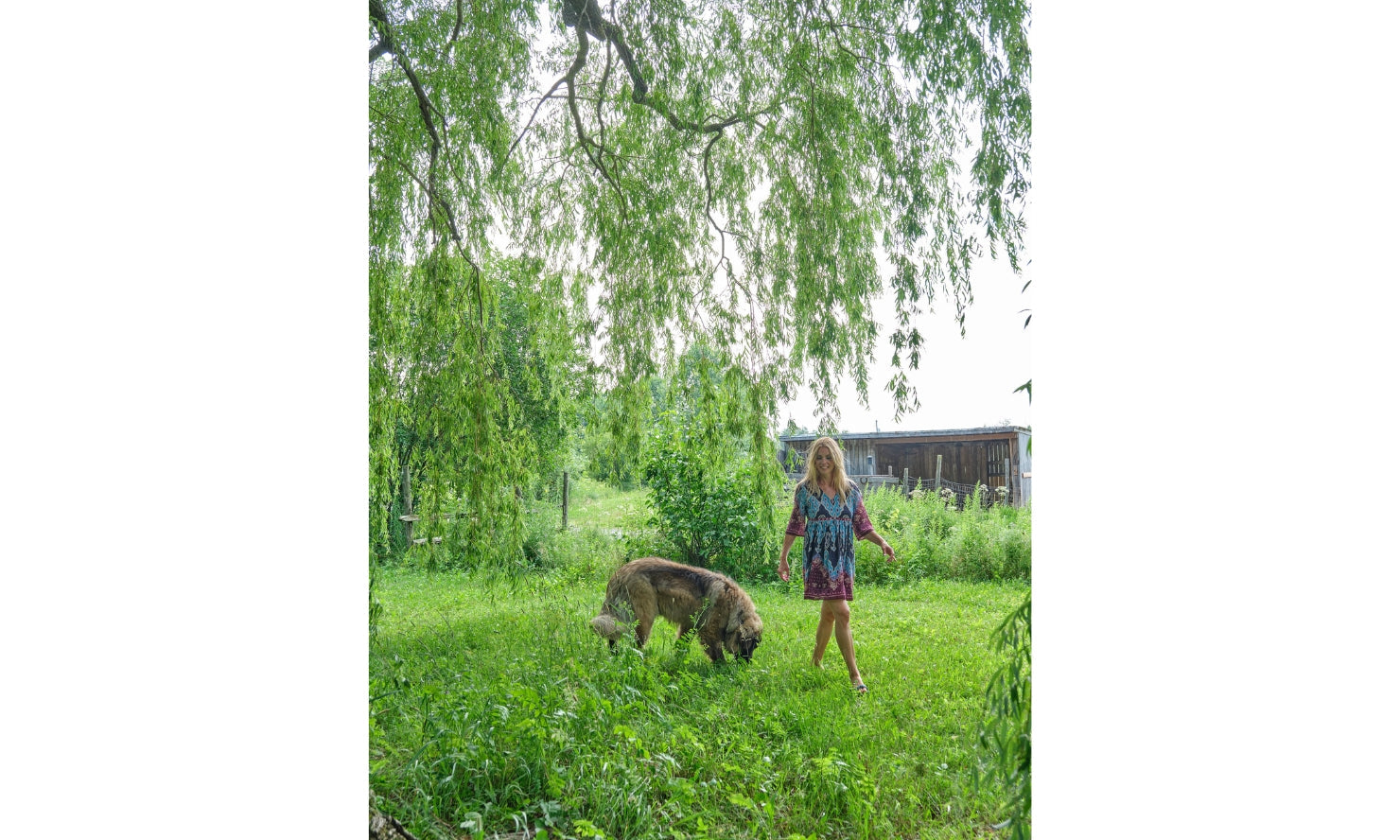


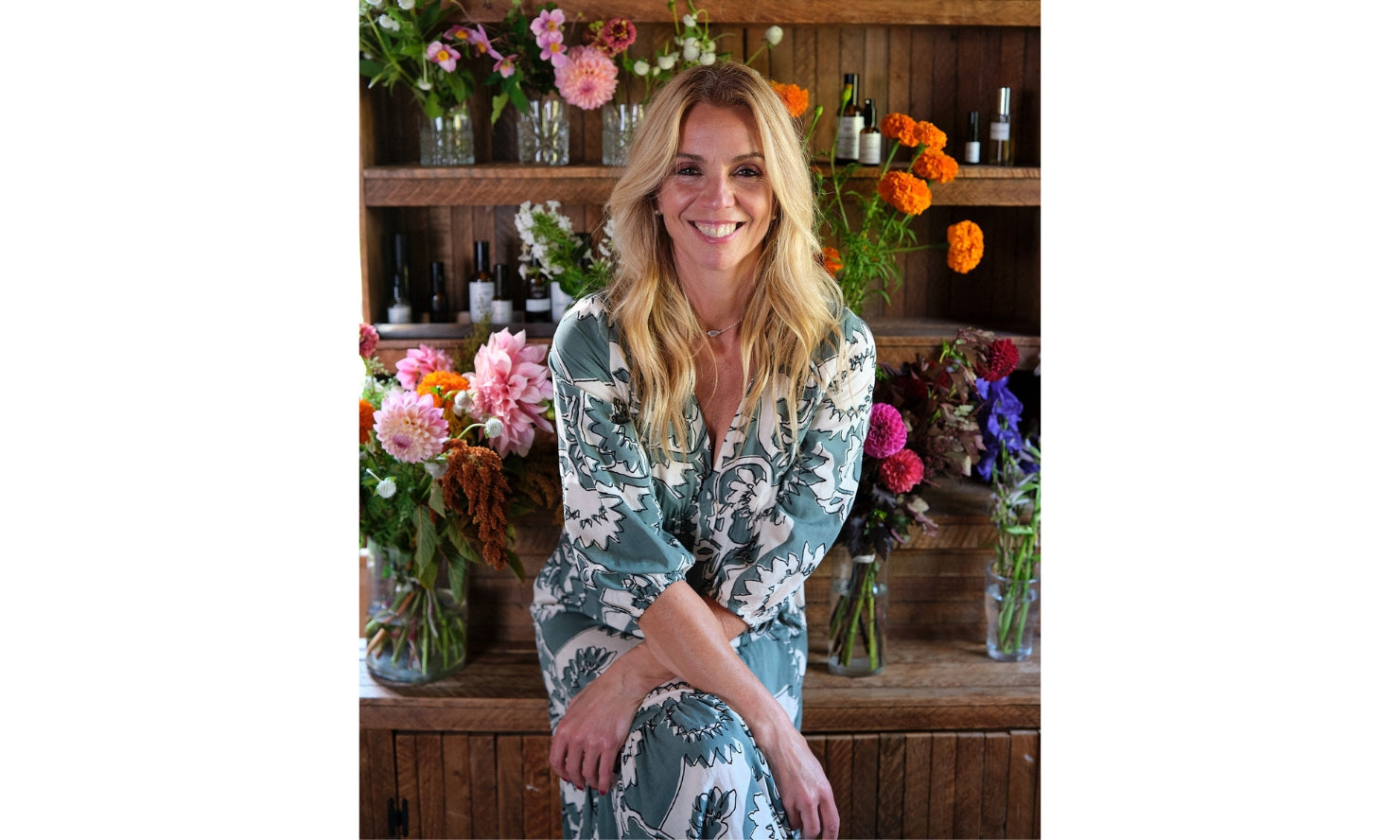
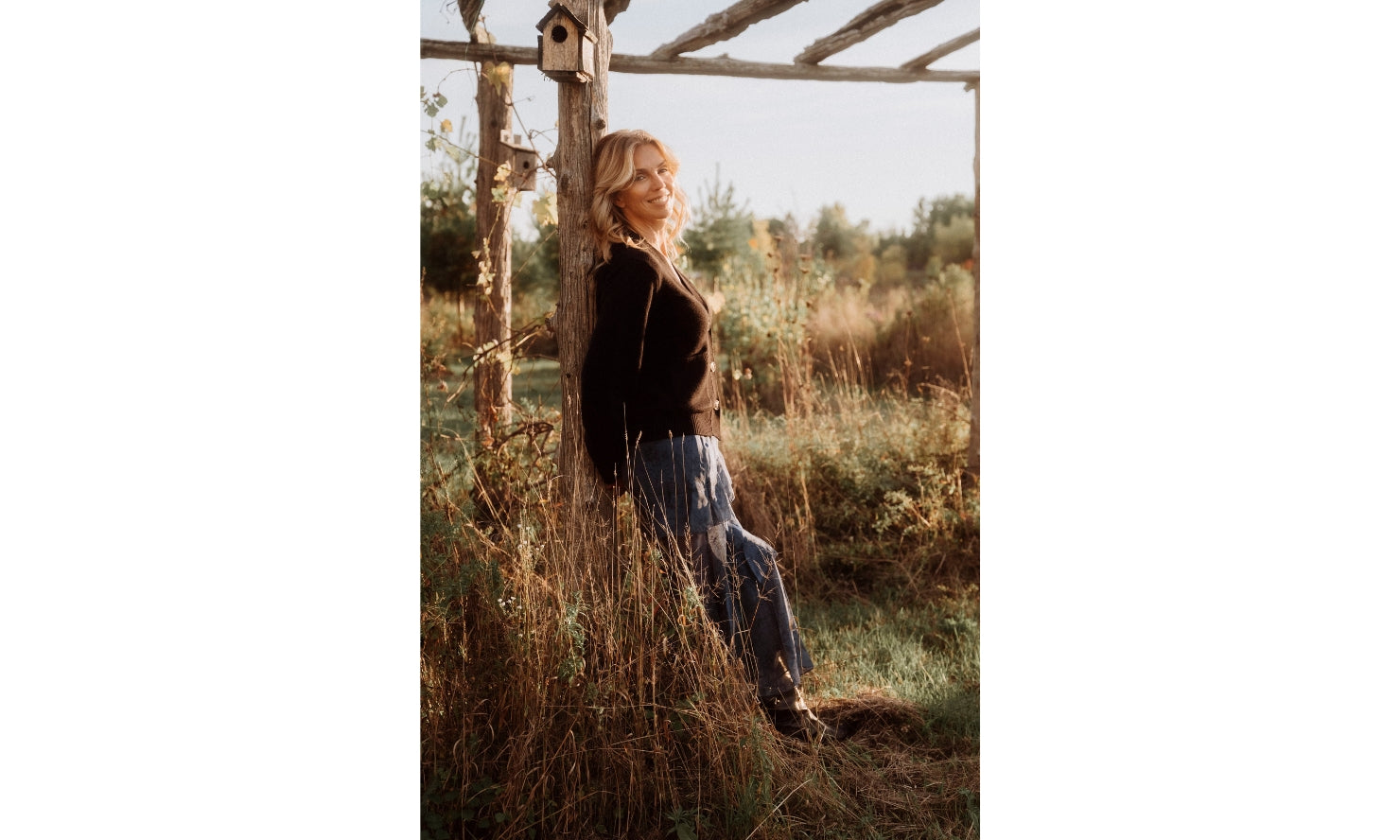


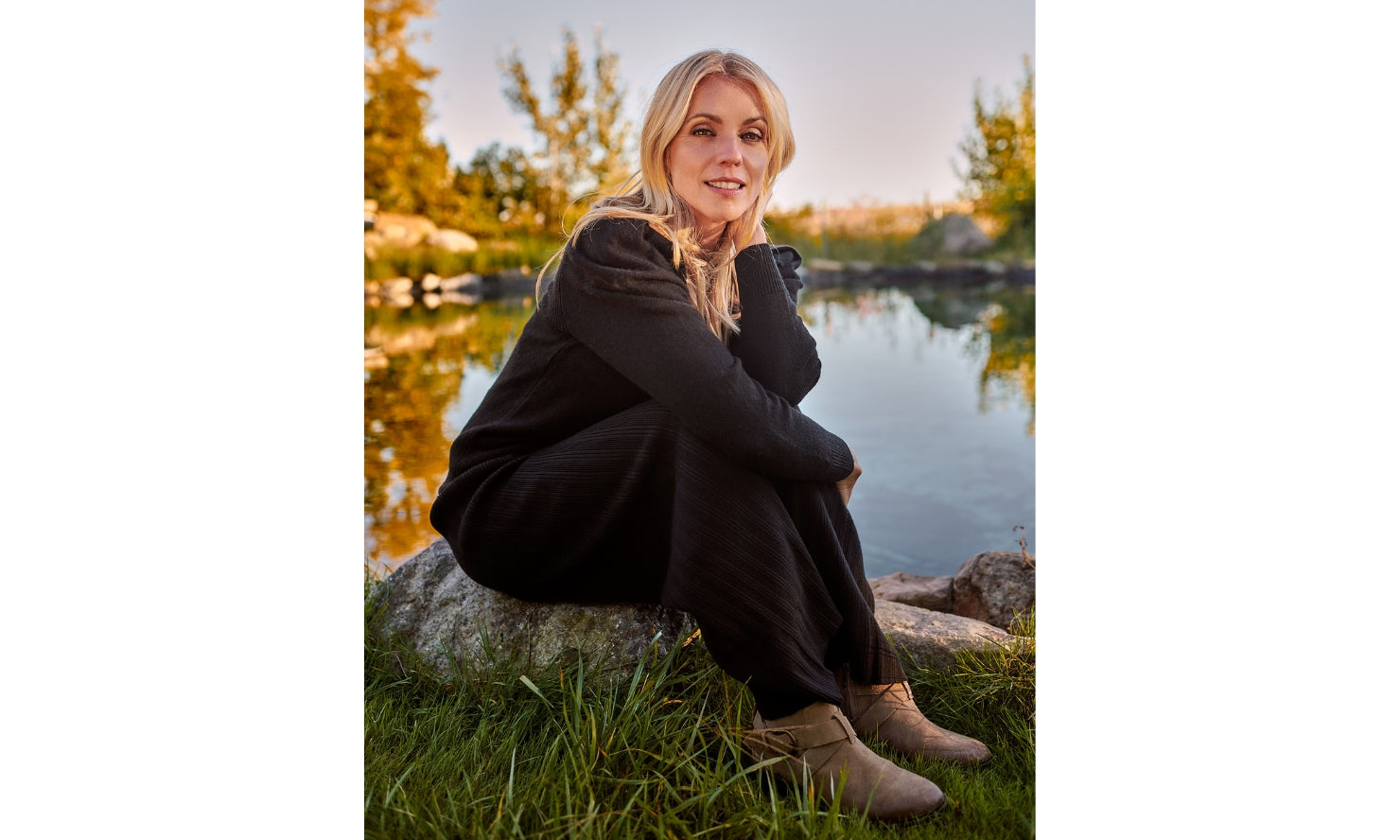









Leave a comment